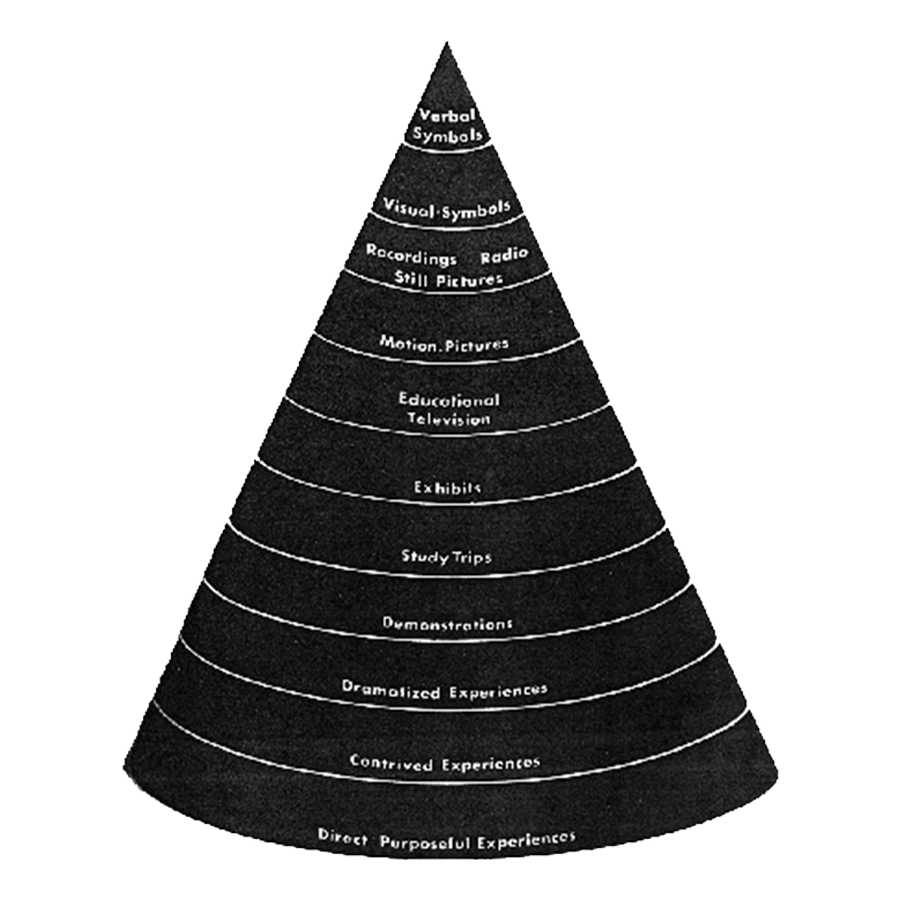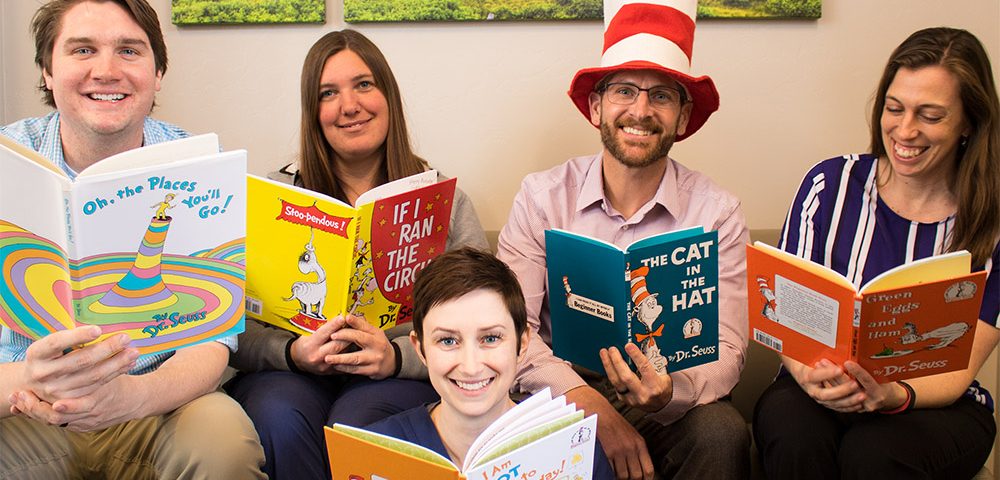Nerds & Debunking the Lies About Reading

How To Stay Motivated To Keep Your New Year’s Resolution
February 16, 2018
The Economic Costs of Binge Drinking
April 1, 2018Did you know that the word “nerd” was invented by Dr. Suess? Its first appearance was in his book titled If I Ran the Zoo published back in the 1950’s and was popularized in the 70’s by its heavy use in the sitcom Happy Days. When I was growing up in the 90’s it was used to describe someone unstylish and socially inept. However, today the “nerd-culture” has become mainstream and it’s thanks to the many adopted comic book movies and new appreciation for tech-savvy individuals. Still, the word nerd connotates a certain image of an intellectual figure who has an unquenchable appetite to learn more about their interest.
Now forget everything you’ve ever heard on the statistics of reading and learning or reading and retention. We’re going to totally nerd out together for a short while as I offer you new research into the incredible power of reading! (As well as some well-placed Dr. Suess words)
Before we begin, you know that old saying we’ve all heard about reading? The one that goes “Remember you only retain about 10% of what you read? Ya, that one? It’s complete bippo-no-bungas! For years teachers have maintained this lie and thus unknowingly tainted generations of kids from the true power of reading. No credible source, evidence or research backs up that we only retain 10% of what we read (1). The first appearance of this gootch is from a magazine called Film and Audio-Visual Communication in 1967 by a D.G. Treichler who didn’t cite any of his research. It is believed this percentage was conceived by using the Visual Symbol section from an old “Cone of Experience” model developed in 1946 by Edgar Dale. It’s critical to note that Dale’s Cone of Experience didn’t add any percentages or numbers to the model.

Not only did researchers fuse unscientific numbers to his model, Dale’s original work in all 3 editions of Audio-Visual Methods in Teaching never includes the word retention to describe the outcome of a particular learning experience (2). The percentages of retainable learning practices also continue to change depending on the message the shyster wants to send (or sell). So someone selling audio books may claim we retain 35% of what we hear and you’d be a yekko for believing it (2).
What Dale’s Cone of Experience expresses is that learning is complex and multi-layered. The best way to learn something isn’t to just read about it, or hear about it, or see something about it (3). It’s to do all three! And then expose yourself into experiencing it and maybe teaching it to another person. The more you engage in a topic through various modes of learning; the more you will retain (4).
However; with all that said and in honor of Dr. Suess, let’s get down to the real facts about the power of reading!
Firstly, reading actually improves memory. According to Ken Pugh and the Director of Research at Yale’s Haskins Laboratories, people who read have more complex minds. Meaning their mental activity of reading helps keep the memory sharp! In addition, it’s also been shown that reading can help prevent Alzheimer’s (5).
Secondly, We’ve all heard tales about the Fountain of Youth. I doubt we realized that very same magic is found within the pages of books. Harvard Medical School’s Family Health Guide shows that reading, and other mentally stimulating activities helps create new connections to nerve cells. This connection of cells acts as a strong resistance to brain cell loss later in life.
Thirdly, reading will reduce stress (7). Check this out! Mindlab International at the University of Sussex discovered that reading for just six minutes can help reduce stress levels up to 68%. This is even higher than other stress relievers like walking or listening to music. Dr. Lewis who helped conduct the research states “It really doesn’t matter what book you read, by losing yourself in a thoroughly engrossing book you can escape from the worries and stresses of the everyday world and spend a while exploring the domain of the authors imagination” Holy Oobleck!
And Finally, not only will reading to your child improve their smarts, it will help them have a closer relationship with their parents (8). While research will back this up I’m going straight for the feels on this one. Liza Baker, the executive editorial director at Scholastic states, “It’s so important to start reading from Day One. The sound of your voice, the lyrical quality of the younger [books] are poetic … It’s magical, even at 8 weeks old they can focus momentarily, they’re closer to your heart. As they become independent readers, we tend to let them go, but even kids in older demographics love nothing more than that time with their parents. We’re blown away that kids time and again said the most special time they recall spending with a parent is reading together.”
Until next time,
rink-rinker-fink
1. https://www.worklearning.com/2006/05/01/people_remember/
2. https://www.worklearning.com/2015/01/05/mythical-retention-data-the-corrupted-cone/
3. https://elearningindustry.com/asos-had-their-employees-want-more-online-learning
4. https://www.psychotactics.com/art-retain-learning/
5. https://www.alzinfo.org/articles/reading-alzheimers-bay/
6. https://www.health.harvard.edu/mind-and-mood/12-ways-to-keep-your-brain-young
7. http://www.telegraph.co.uk/news/health/news/5070874/Reading-can-help-reduce-stress.html
8. https://www.washingtonpost.com/news/parenting/wp/2017/02/16/why-its-important-to-read-aloud-with-your-kids-and-how-to-make-it-count/?utm_term=.cfc8ddf09329



